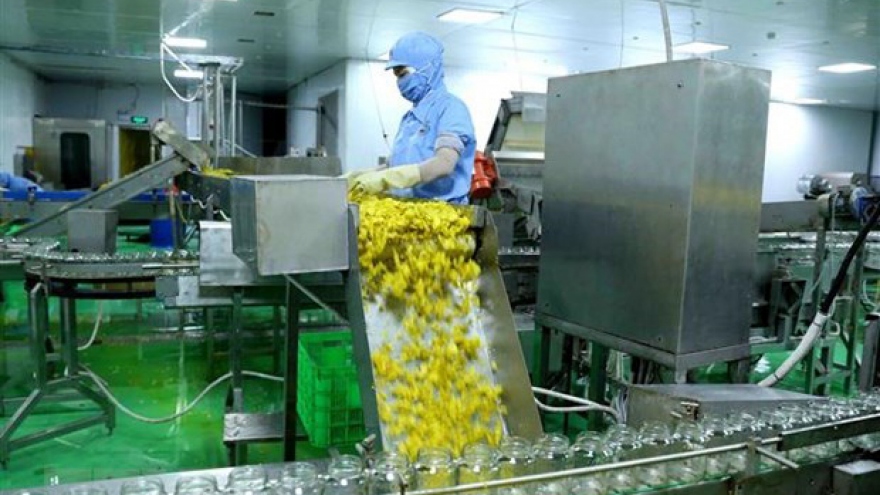Opportunities await Vietnam’s agricultural, food exports to Malaysia
Vietnam should focus on Malaysia for exports, especially food and beverages, during the post-pandemic economic recovery, heard a workshop held in Ho Chi Minh City on June 2.

Tran Phu Lu, deputy director of the Investment and Trade Promotion Centre of HCM City, said Vietnam and Malaysia hold potential for enhancing economic, trade, and investment links.
In 2021, Vietnam ranked 11th among trade partners and 7th among export markets of Malaysia, with bilateral trade reaching US$11.8 billion. They are striving for US$25 billion in trade revenue by 2030. However, these figures remain modest compared to their cooperation potential, he remarked.
Notably, he added, the Halal industry, which provides products and services for Muslims, in Malaysia was valued at US$3.1 billion last year and is forecast to hit US$5 billion by 2030, offering a promising export market for Vietnamese enterprises to capitalise on.
Tran Viet Thai, Vietnamese Ambassador to Malaysia, said the country had COVID-19 under control and reopened, but it is also facing disrupted supply chains due to the impacts of the pandemic and the Russia - Ukraine conflict.
In March this year, the Malaysian Government increased the quota for milled rice import from Vietnam to 700,000 tonnes per year from 520,000 tonnes. From an exporter of chicken to many neighbouring countries, Malaysia has had to halt export and seek supply sources.
Disruptions to old supply chains have also led to demand for new ones, which is a chance for manufacturing and exporting countries like Vietnam to promote exports, according to Thai.
Malaysia has great demand for rice, chicken and many other agricultural and food products, he said, recommending that to access this market, exporters should meet food quality and safety criteria, especially Halal standards.
Echoing the view, Halim Bin Husin, head of the Malaysian federation of commerce chambers, noted the country has considerable demand for imported food, beverages and Halal products, while Vietnam has many advantages for exporting these products.
Besides, Halal products are consumed not only in Malaysia but also in many other Islamic countries. There are about 1.9 billion Muslims globally, and the demand for Halal products increases by 8 - 9% each year, he added.


